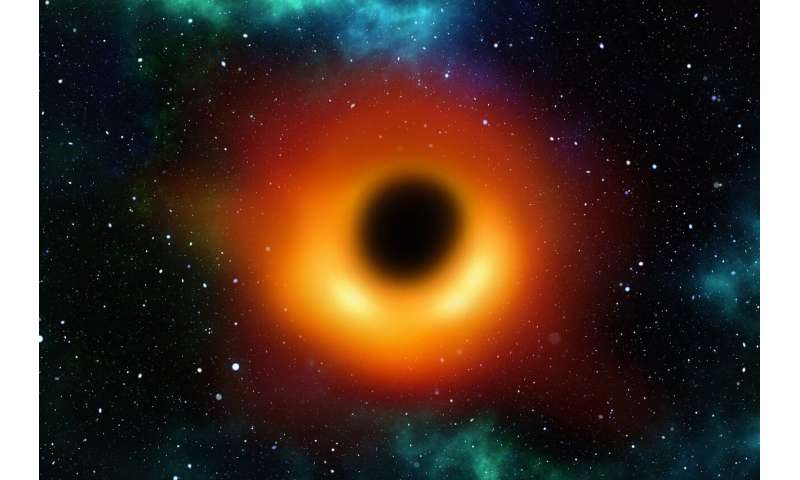Best of Last Week: Smallest black hole, Albert Einstein's AI voice, killing bedbugs with essential oils

It was a good week for space research as a team led by a group at The Ohio State University, discovered one of the smallest black holes on record and it was also the closest one to Earth found to date—they have named it "the Unicorn." And another team, led by a group at the University of Colorado, Boulder observed the largest flare ever recorded from the solar system's nearest neighbor—the star Proxima Centauri. Also, a team at NASA announced that the New Horizons spacecraft had reached a deep-space milestone—it had flown 50 times farther from the sun than the earth is.
In technology news, a collaboration between audio technology companies Aflorithmic and UneeQ resulted in the development of an AI based synthesized communications system that speaks in the voice of Albert Einstein. Also, a team at the University of Buffalo developed a system to trace 3D printed objects back to their printer with 92% accuracy. And a combined team from Zhejiang University of Technology in China and Argonne National Laboratory in the U.S. developed a strategy to rejuvenate dead lithium inside of batteries and thus prolong their lifespan. Also, a team at Fraunhofer Institute for Solar Energy Systems in Germany set a new world record for both-sides-contacted solar cells by reaching 26% efficiency.
In other news, an international team of researchers found evidence suggesting that the P.1 coronavirus variant that was first seen in parts of Brazil may be up to twice as transmissible as prior strains—though it is still not clear if it can infect people who have been vaccinated. And a team at Purdue University found a way to restore the effectiveness of insecticides against bedbugs—by adding plant-based essential oils.
And finally, people who were infected with COVID-19 may want to check out the results of a study by a team at Washington University School of Medicine—they found evidence that survivors of COVID-19 infection, even those with mild symptoms, are at an increased risk of death from indirect causes and serious illnesses.
© 2021 Science X Network